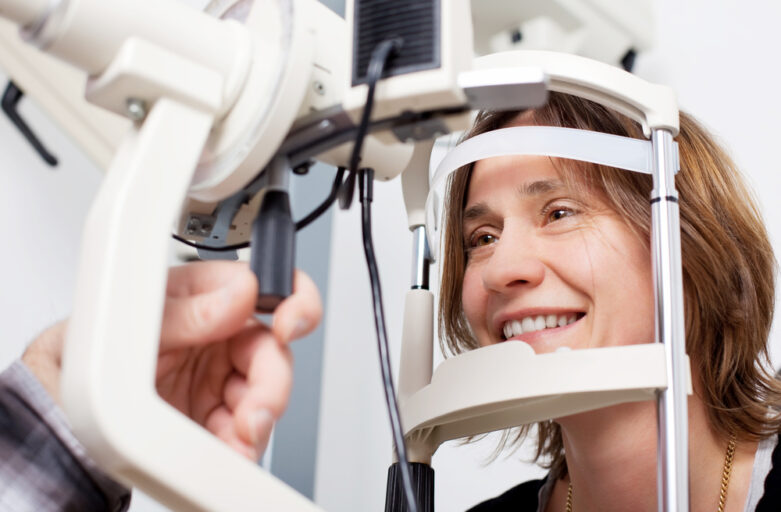Given that approximately half of Americans 75 and older are diagnosed with cataracts, it is not surprising that you may have some advanced concern about your own susceptibility to this eye condition. Brian Boxer Wachler, MD, is a premier ophthalmologist who regularly performs advanced cataract surgery for his patients in Beverly Hills. Below, he discusses when cataracts may start to become a problem.
Cataracts Are a Degenerative Condition
Cataracts don’t develop all at once; rather they become problematic over the span of multiple decades. Starting at around middle age, proteins in the eye’s lens start to deteriorate and clump. Over time, these clumps of proteins can cause hazy vision. You are unlikely to notice cloudy vision until cataracts have advanced significantly, although a comprehensive eye test can often discover them before you would notice cataracts on your own.
The Age When Cataracts Become Problematic
While it is true that most patients with cataracts do not discover they have developed cataracts until they are senior citizens, Dr. Brian has treated cataract patients in their 30s and 40s as well. In fact, some babies are even born with cataracts, but that is rare. Patients who have diabetes, an eye injury, an addiction to smoking, or a family history of cataracts may be at elevated risk for cataracts at a younger age.
“Early onset cataracts” refer to cataracts arising at an age younger than 60. When these cataracts significantly impair the patient’s vision, surgery is likely appropriate.
When to Worry About Cataracts
Despite plenty of research on the subject, doctors have yet to identify a way to prevent or even slow the progression of cataracts. Aside from living a healthy life (which includes wearing sunglasses and not smoking), there is not much else you can do to avoid cataracts.
Cataract surgery is one of the most performed surgeries in the United States, mainly because it is quick, safe, and highly effective. Because Dr. Brian has such a stellar success rate when performing cataract surgery, he stresses that panicking about cataracts is generally not warranted. After replacing your eye’s cataract lens with a premium IOL (intraocular lens), your vision is usually even better than it was before having cataracts. Not only are you not at risk for redeveloping cataracts, but it can diminish your reliance on prescription eyewear because he regularly uses advanced Trifocal lens implants that can help you see distance, computer, and closer reading without glasses or contact lenses.
If you have LASIK in the past and developed cataracts, Dr. Brian has extensive expertise performing cataract surgery in patients after prior LASIK which requires specialized techniques.
Schedule Cataract Surgery
If you have been diagnosed with cataracts, you generally have no reason to worry — schedule a surgery consultation with Dr. Brian to help restore your crisp, clear vision. To make an appointment at Boxer Wachler Vision Institute in Beverly Hills, please call 1-310-860-1900, text 424-245-0171, or email info@boxerwachler.com today.



